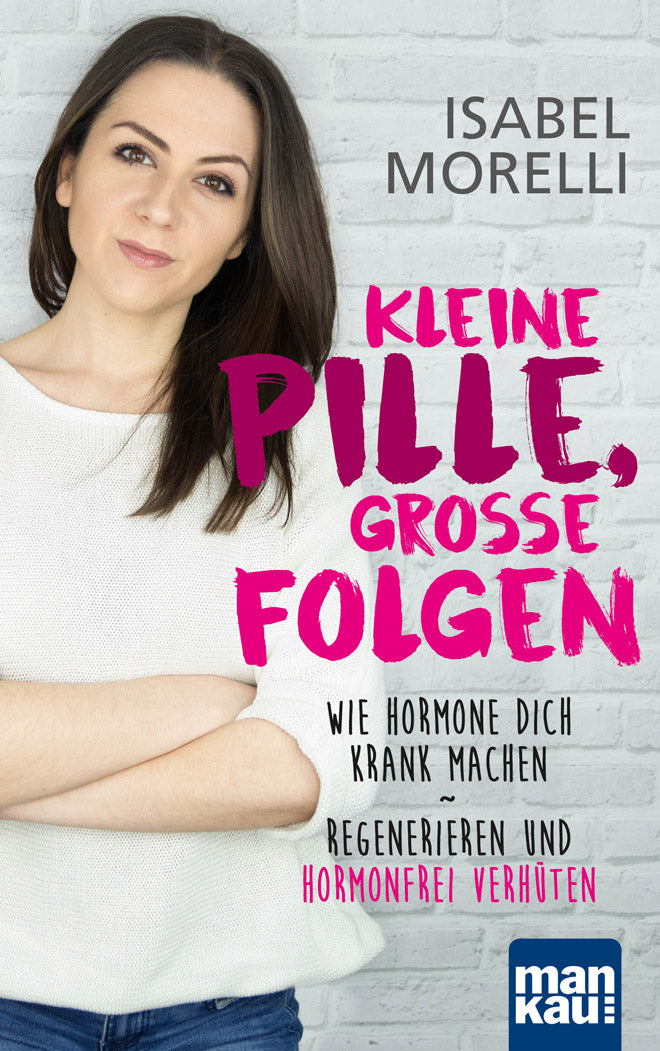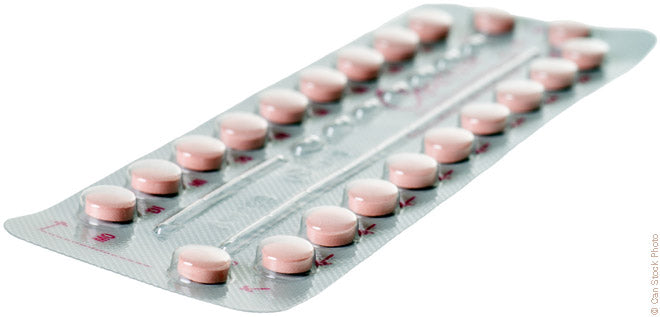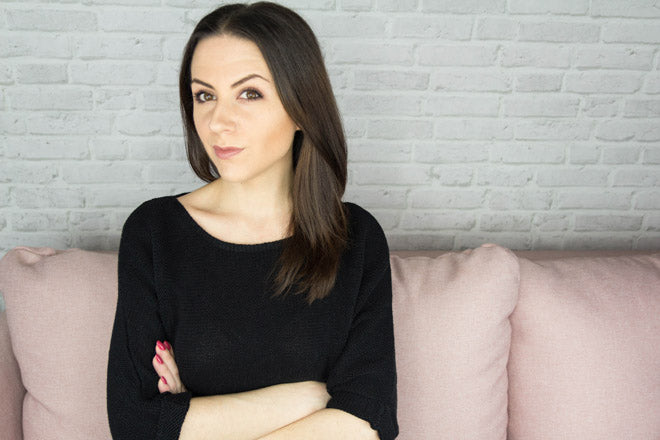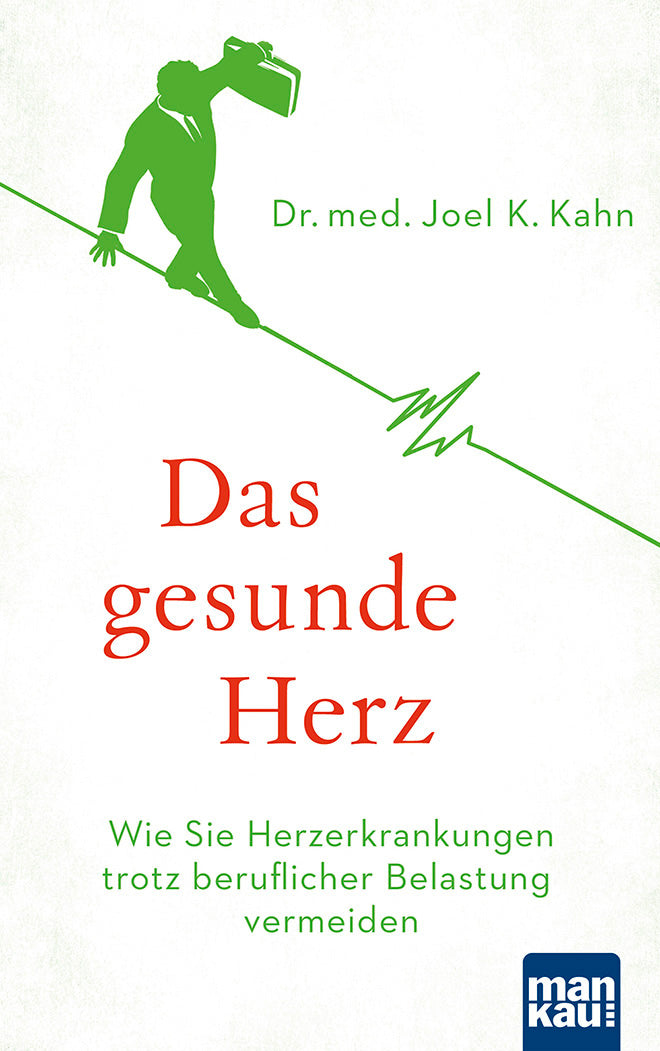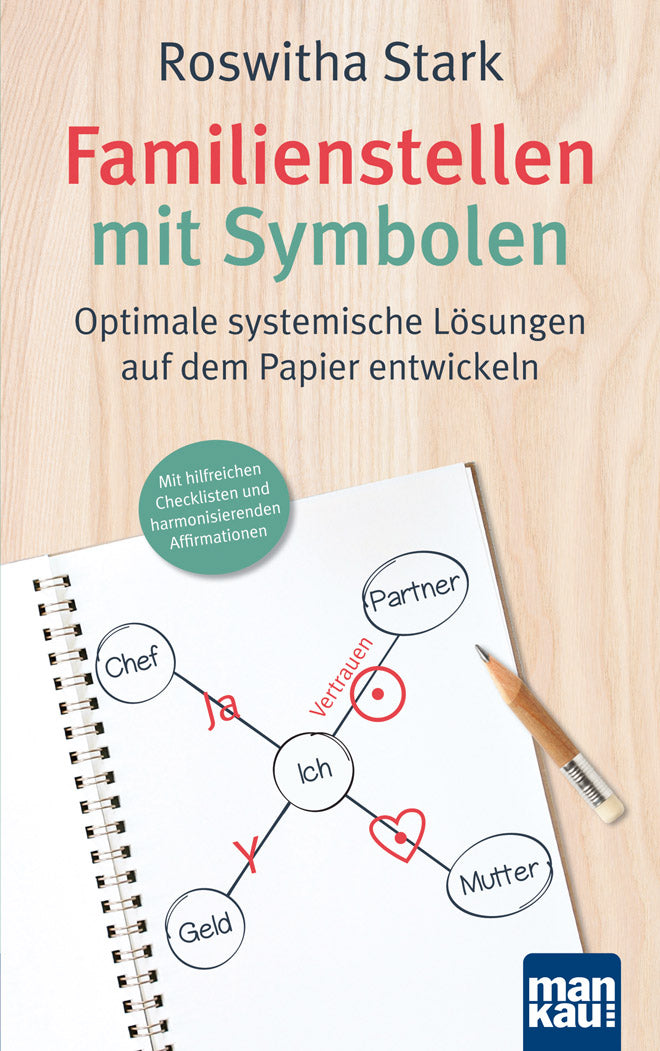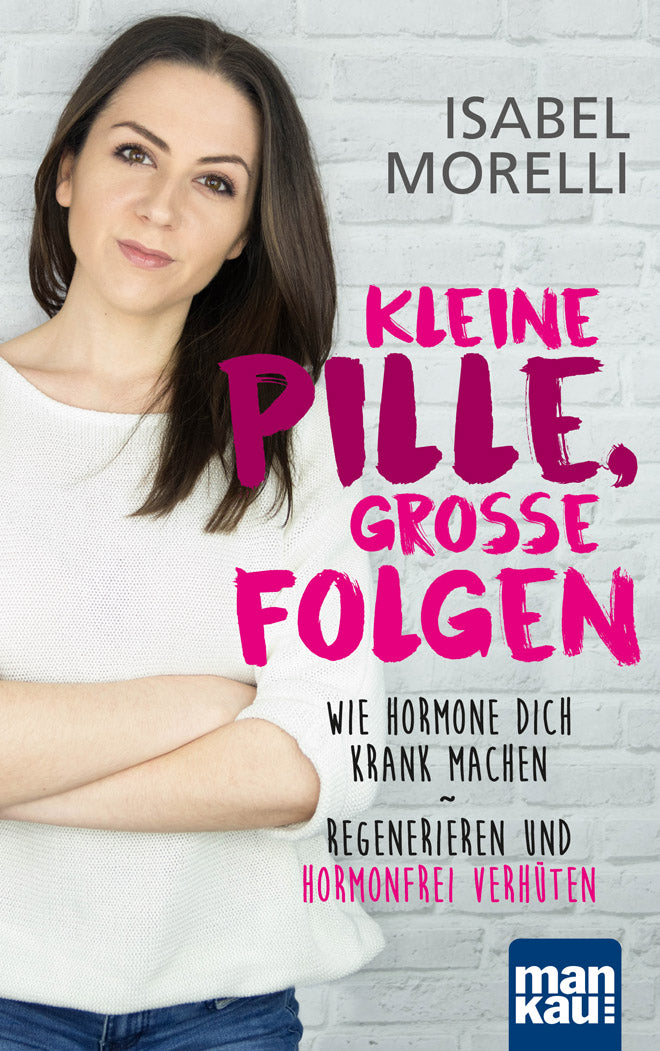
Safe contraception without hormones: The guide “Small pill, big consequences” explains gentle alternatives to the contraceptive pill
Safe contraception without hormones: The guide “Small pill, big consequences” explains gentle alternatives to the contraceptive pill
In view of the significant side effects and her own experiences, nutritionist and health consultant Isabel Morelli asks in her book "Little Pill, Big Consequences" whether the time of the pill is not gradually over. Incorrect information and a lack of education have prevented natural, hormone-free contraception from receiving the attention it deserves.
The end of hormone euphoria
Discussions about the pros and cons, studies and myths about oral contraceptives - the technical term for the contraceptive method commonly known as the "pill" - have been going on since the 1960s. But from the very beginning, possible side effects and consequences of hormonal contraception were often kept quiet, denied, trivialized, denied or laughed off. What was completely lost during the period of hormone euphoria was the fact that hormone-free methods of contraception had also developed further and were now very safe.
Isabel Morelli has been writing about women's health since 2015 on the blog Generation-Pille.com, which she founded, particularly about hormonal problems related to the contraceptive pill. Her calling came from her own medical history, which was largely due to the early prescription of the contraceptive pill. After five years of going to doctors, numerous diagnoses and attempts at treatment, the aim of her new book is to pass on her knowledge and experiences so that every woman can better manage her body, her health and her sexuality in the future.
How it works and side effects
The most commonly prescribed birth control pills are combined oral contraceptives. These contain artificially produced hormone substitutes that are similar in chemical structure to the body's own hormones estrogen and progesterone and can therefore occupy their receptors. What most users are not aware of, however, is the effects that these synthetic hormones can have on the entire body. Apart from the problem that the natural cycle is switched off when the birth control pill is taken for the first time, it must first pass through the stomach, intestines and, above all, the liver, where it can of course also cause damage.
"Even today, 57 years after its launch and with what feels like 1,000 different preparations available, women still suffer from the same side effects as at the beginning. The package insert now lists around 100 possible side effects, from common to rare," says Isabel Morelli. The pill is often prescribed as a little miracle cure for all female ailments. This is why health problems often go undetected. The pill may mask certain symptoms, such as acne or menstrual problems, but it does not address the cause. Due to its influence on many physical processes, the pill places a lot of demands on the body. This can lead to a lack of vital nutrients and strain on the liver and thyroid, which is exacerbated by an unhealthy lifestyle.
Health and love life without the pill
Stopping the pill is a challenge for many women. The entire organism detoxifies, regenerates and gradually tries to stimulate all natural processes again. This takes time and patience. It is a holistic project in which the intestines, liver and vital nutrient balance also play a major role. It is therefore advisable to pay attention to the healthiest possible diet, especially in the first period after stopping. Monitoring your cycle can also be a relief. With the help of cycle tracking, which is also available as an app, and regular temperature measurements, you can determine whether and when your cycle has returned to normal after stopping the pill.
Since the invention of the contraceptive pill, women have been repeatedly told that safe contraception is only possible with hormones, but Isabel Morelli believes that there is now such a wide range of hormone-free alternatives that every woman can find the method that suits her. Some of these alternatives - such as the copper coil or NFP according to Sensiplan - are actually much safer than oral contraceptives. The use of hormone-free methods sometimes requires a certain amount of personal responsibility, but by observing the symptoms every day, you gain a completely new relationship with your body, understand the female cycle better and gain enormous body competence.
Book tip:
Isabel Morelli: Small pill, big consequences. How hormones make you sick. Regenerate and use hormone-free contraception. Mankau Verlag 2018, paperback, 13.5 x 21.5 cm, 191 pages, €16.90 (D) / €17.40 (A), ISBN 978-3-86374-490-8.
Link recommendations:
More information about the book "Small pill, big consequences"
To the reading sample in PDF format
More about the author Isabel Morelli
To the Internet forum with Isabel Morelli
To the blog Generation-Pille.com
